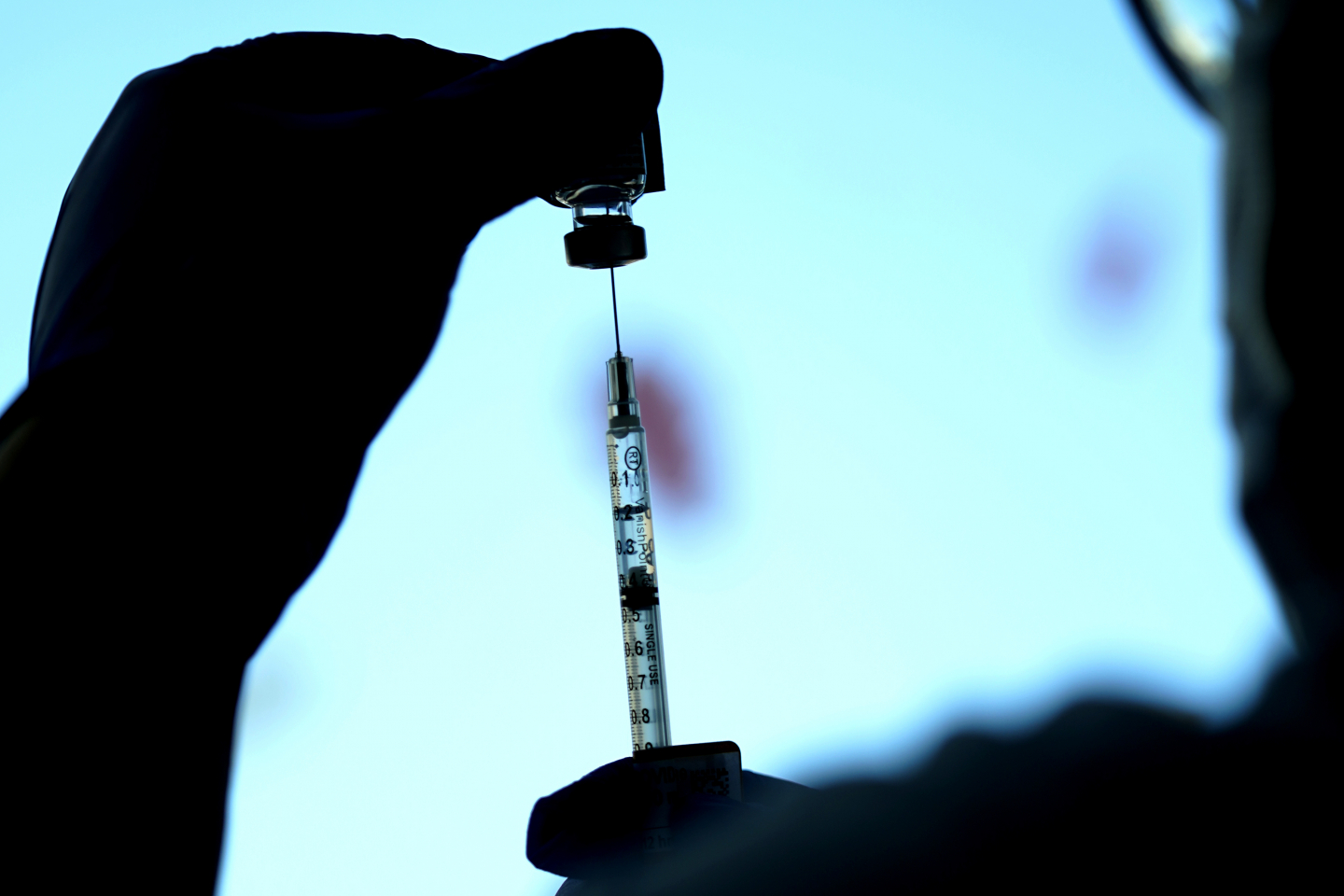Ivermectin futile for mild to moderate COVID-19, study finds
Filed Under:
COVID-19
Mary Van Beusekom | News Writer | CIDRAP News
|
Feb 18, 2022
Early treatment with the antiparasitic drug ivermectin does not lower the risk of severe disease when given to patients with mild to moderate COVID-19, according to a study today in JAMA Internal Medicine.
And a related study in the same journal finds connections between prescribing patterns for ivermectin and hydroxychloroquine by political-party vote share in 2020.
Lack of efficacy, more adverse events
Doctors at 20 Malaysian government hospitals and a COVID-19 quarantine center conducted an open-label, randomized clinical
trial on the use of ivermectin in the first week of COVID-19 symptom onset in hospitalized adults 50 years and older with mild or moderate illness and underlying medical conditions. The study took place from May 31 to Oct 25, 2021.
Average patient age was 62.5 years, 54.5% were women, 51.8% had received two doses of a COVID-19 vaccine, 75.3% had high blood pressure, 53.5% had diabetes, 37.6% had abnormal cholesterol levels, and 23.9% were obese.
Patients were randomly assigned in a 1:1 ratio to receive oral ivermectin daily for 5 days plus standard care (241 patients) or standard care only (249). Standard care consisted of treatment of symptoms and monitoring of clinical findings, laboratory test results, and chest imaging for signs of disease progression.
Severe disease was defined as hypoxia (low oxygen levels) requiring the use of supplemental oxygen to maintain oxygen saturation at 95% or higher.
Fifty-two of 241 patients in the ivermectin group (21.6%) and 43 of 249 patients in the standard-care-only group (17.3%) became severely ill (relative risk [RR], 1.25; 95% confidence interval [CI], 0.87 to 1.80).
There were no significant differences between the two groups in time to symptom resolution or rates of mechanical ventilation, intensive care unit (ICU) admission, 28-day in-hospital death, or adverse events. Four ivermectin recipients (1.7%) required mechanical ventilation, compared with 10 (4.0%) in the standard-care group (RR, 0.41; 95% CI, 0.13 to 1.30).
Six patients (2.4%) in the ivermectin group were admitted to an ICU, versus 8 (3.2%) in the control group (RR, 0.78; 95% CI, 0.27 to 2.20), and 3 ivermectin recipients (1.2%) and 10 controls (4.0%) died by 28 days (RR, 0.31; 95% CI, 0.09 to 1.11).
Forty-four patients (9.0%) had 55 adverse events, 33 of them in the ivermectin group. The most common adverse event was diarrhea, occurring in 14 (5.8%) in the ivermectin group and 4 (1.6%) in the standard-care group.
Five serious adverse events—four in the ivermectin group—were reported. Two patients had a heart attack, one had severe anemia, and one went into shock owing to fluid loss from severe diarrhea, while one in the control group had arterial bleeding in the abdomen. Adverse events led six patients to stop taking ivermectin and three to withdraw from the study. Thirteen patients (2.7%) died, most from COVID-19 pneumonia; no deaths were attributed to ivermectin.
"The notably higher incidence of AEs [adverse events] in the ivermectin group raises concerns about the use of this drug outside of trial settings and without medical supervision," the researchers wrote.
The authors noted that ivermectin may appear to be an attractive alternative to expensive antiviral medications in resource-limited regions such as Malaysia because it is inexpensive, easy to use, and broadly available.
However, the World Health Organization recommends against its use outside of clinical trials, and it is not US Food and Drug Administration (FDA)-approved for the prevention or treatment of COVID-19. Indeed, the
Centers for Disease Control and Prevention (CDC) confirmed with the American Association of Poison Control Centers that reports of ivermectin-related adverse events increased in 2021 relative to before the pandemic.
"The study findings do not support the use of ivermectin for patients with COVID-19," the authors concluded.

 www.sorryantivaxxer.com
www.sorryantivaxxer.com











